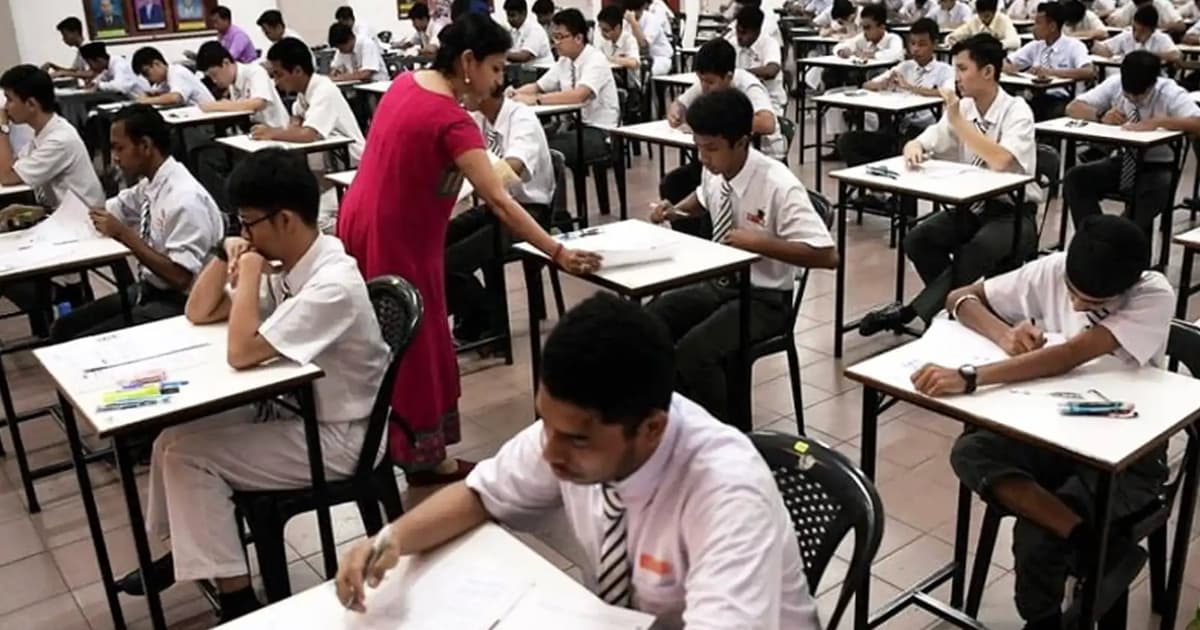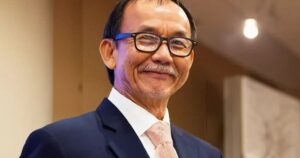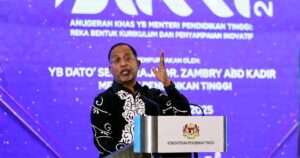
Two educationists have urged Putrajaya to make teacher quality and curriculum reform a priority in the 2026 budget to build a stronger and more inclusive education system.
Former Penang deputy chief education officer I Lourdesamy said teacher recruitment and training must be tightened to ensure only dedicated candidates are hired.

He also said teachers should be assigned only to subjects they are qualified to teach, and that retired or senior teachers could be roped in to cut training costs.
“You don’t need a PhD to become a teacher trainer. All you need is experience, especially for the primary school level. Therefore, your budget need not be that high,” he told FMT.
Former Malaysian Academic Movement (Gerak) chairman Sharifah Munirah Alatas said the government should set aside funds to support teachers in pursuing higher qualifications. She said every teacher for national schools should at least have a master’s degree.

The scholar also said teachers must specialise in one or two subjects and not be made to teach outside their expertise.
“This will benefit students and improve their depth of knowledge. There is no point in having excellent buildings but poor teaching quality,” she said.
In the 2025 budget, the education ministry received RM64.1 billion, the largest allocation, but much of it went to infrastructure and student support.
Reading, writing, arithmetic, and inclusivity in national schools
Lourdesamy, who heads Asia College of Technology (ACT), called for a restructuring of the national curriculum to strengthen mastery of reading, writing and arithmetic (3Rs), and to build life skills and social cohesion through cooperative activities, as seen in Japan’s elementary schools.
“Elementary school children in Japan are taught to clean toilets and classrooms in cooperative efforts, therefore learning to live together,” he said.
He also proposed early exposure to science and environmental issues, with later years focusing more on 3Rs and science. Secondary schools should emphasise STEM and skills in demand instead of excessive religious or moral studies.
Munirah said textbooks must be reviewed for accuracy and balance, particularly on unity, patriotism, politics, history, and the arts.
“Train teachers to be knowledgeable in these subjects. Make sure they are moderate and balanced in their outlook, and willing to allow for friendly classroom debates on these topics if they arise,” she said.






